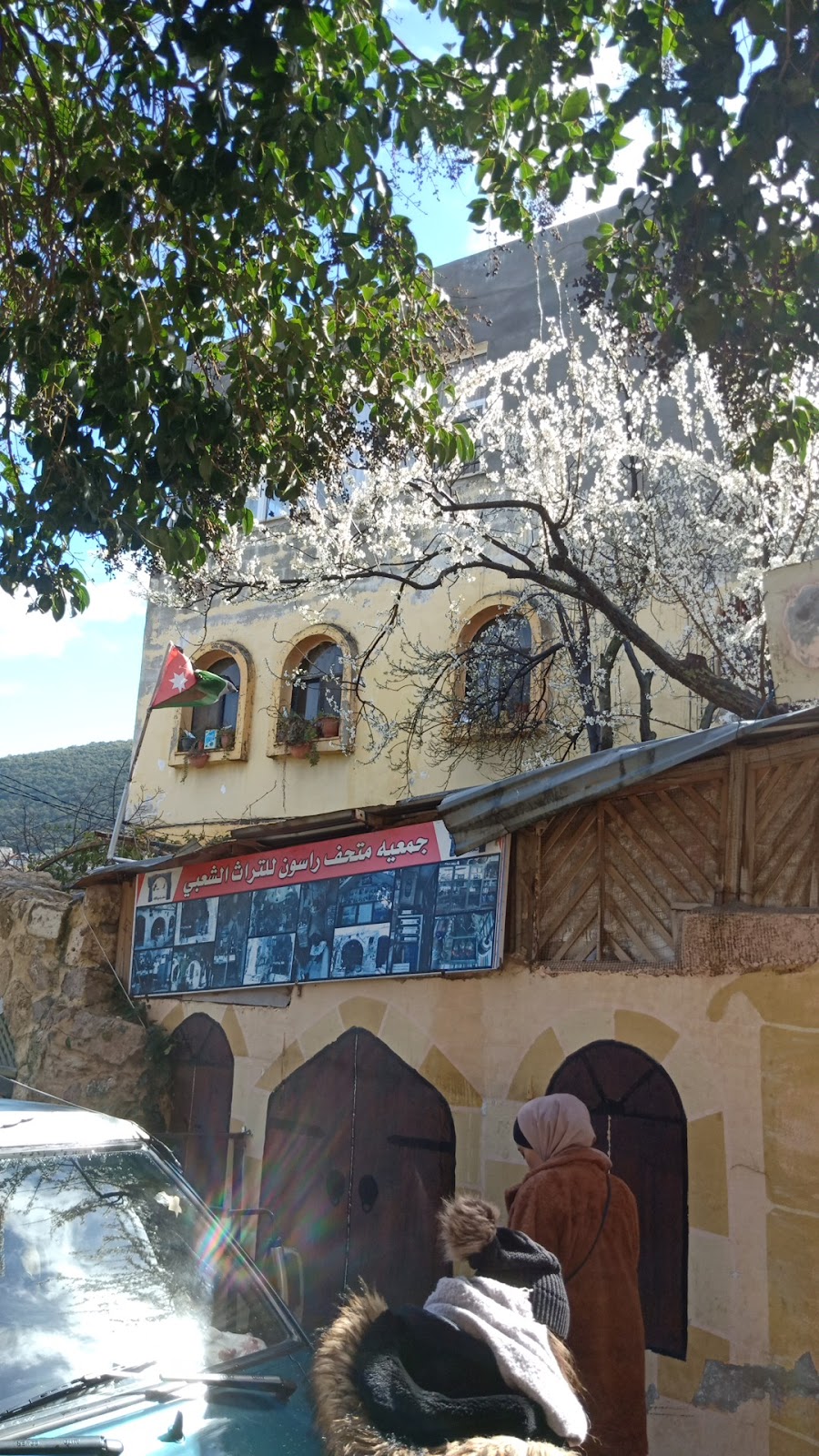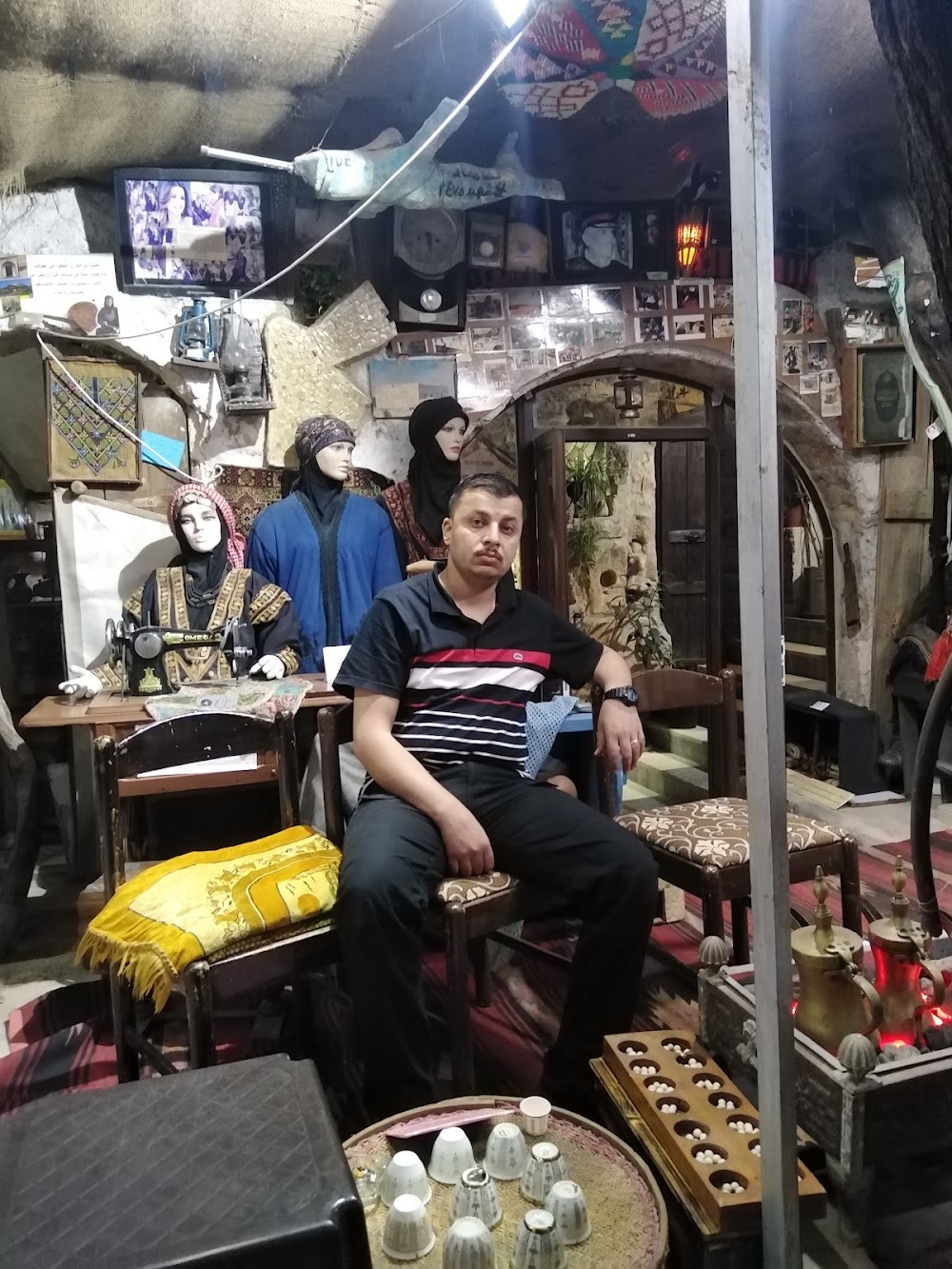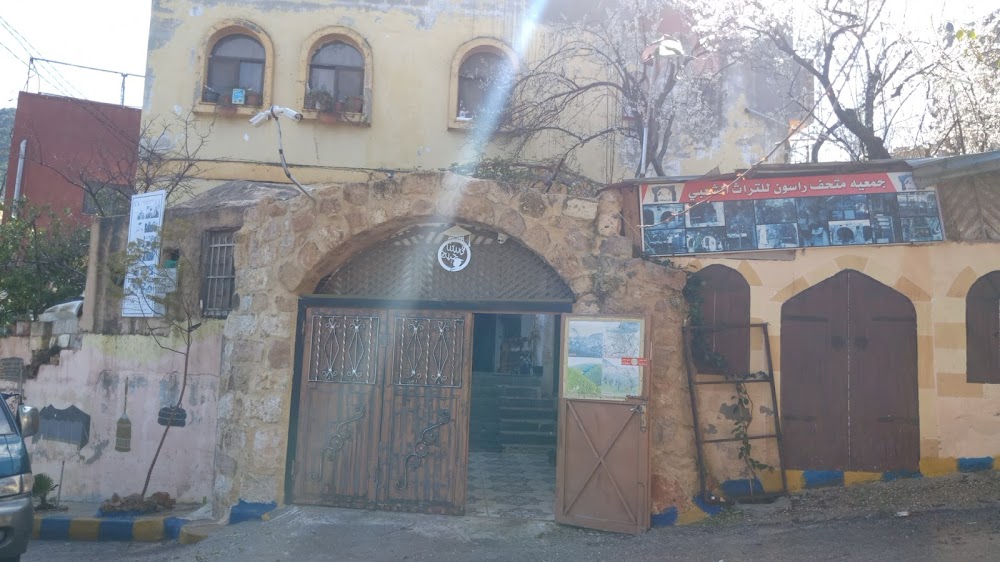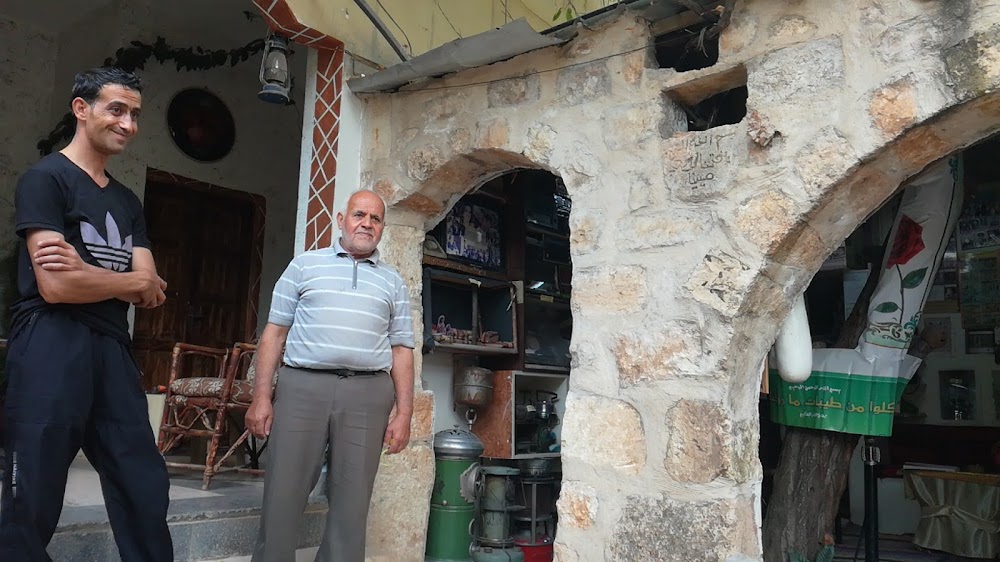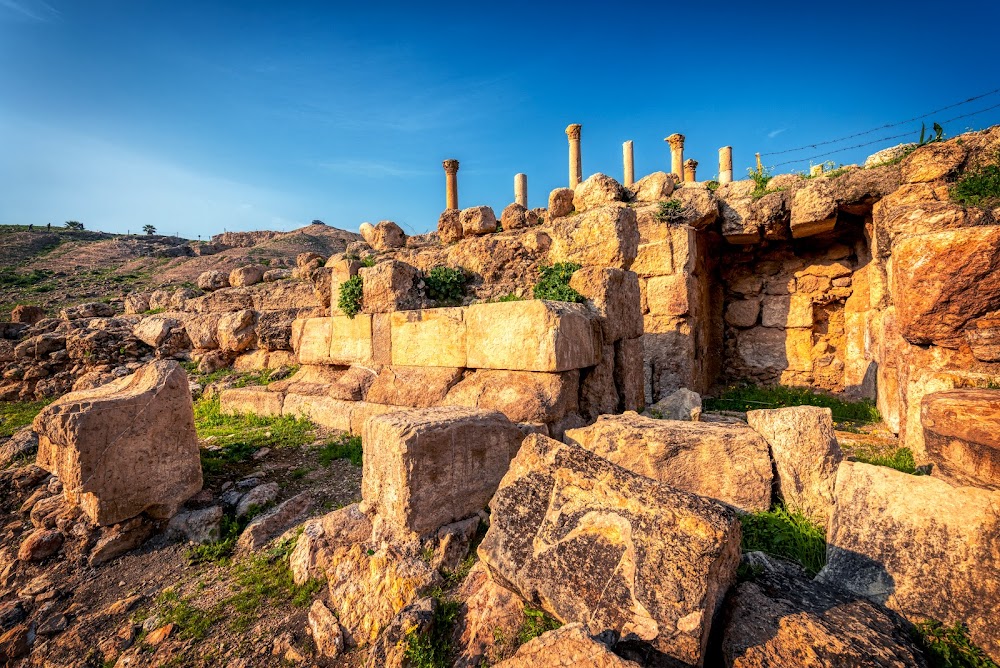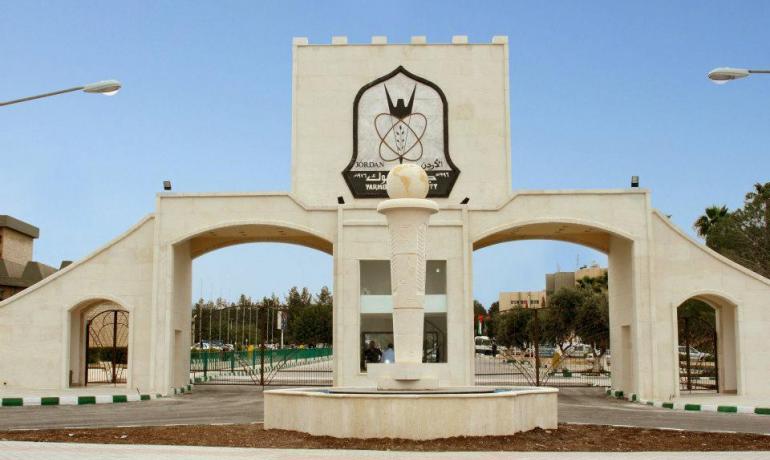Al-Hisn Historical Museum (متحف الحصن التاريخي)
Overview
The Rasoun Museum, also known as the Al-Hisn Historical Museum, is nestled in the picturesque village of Rasoun, close to the city of Irbid in Jordan. This distinctive museum offers a captivating glimpse into the rich cultural heritage and traditions of the region, transforming local history into a vibrant and living exhibit.
The museum's inception was driven by a passionate group of community members who recognized the critical importance of preserving their cultural identity. Fueled by pride and dedication, these locals embarked on a mission to gather, restore, and showcase a variety of artifacts that illustrate the daily lives, customs, and traditions of their ancestors.
Housed in a traditional Jordanian building constructed from local stone and wood, the museum's architecture is a testament to the craftsmanship of the past. With thick stone walls designed to keep the interiors cool, arched doorways, and rustic wooden beams, the structure radiates historical charm. Careful renovations have ensured that the building maintains its historical integrity while providing a comfortable space for exhibits.
Inside the Rasoun Museum, visitors will discover a diverse collection of artifacts that narrate the local community's story through the ages. The exhibits feature traditional clothing, handcrafted pottery, agricultural tools, kitchen utensils, and various everyday items that once belonged to the people of Rasoun. These artifacts vividly depict how the community lived, worked, and celebrated through the centuries.
One of the museum's standout features is its impressive collection of textiles and traditional costumes. These intricately woven garments, adorned with exquisite embroidery, showcase the artistry and skills passed down through generations. Visitors can admire the vibrant colors and intricate patterns, each piece narrating a story about the identity and social status of its wearer.
The museum also honors the agricultural heritage of the region, prominently displaying tools and equipment used in farming, irrigation systems, and olive oil production. These exhibits offer valuable insights into the agrarian lifestyle that sustained the community, highlighting the deep connection between the people of Rasoun and their land.
In addition to its physical exhibits, the Rasoun Museum actively engages visitors through interactive and educational programs. Regular workshops, storytelling sessions, and cultural events allow guests to experience the region's traditions and crafts firsthand. These activities foster a deeper understanding and appreciation of local heritage among residents and tourists alike.
The creation of the museum was a community-driven initiative, supported by local volunteers, historians, and craftsmen. Funding and resources were primarily gathered through donations and local efforts, reflecting a collective commitment to preserving their heritage. The people of Rasoun continue to play an essential role in the museum's operation and maintenance, ensuring it remains a vibrant center for cultural preservation.
Today, the Rasoun Museum stands as a proud symbol of the village's dedication to its heritage. It serves not only as a repository of history but also as a lively space where the past and present converge. Visitors leave with a deeper understanding of the local culture and a greater appreciation for the efforts made to safeguard it for future generations.
In summary, the Rasoun Museum (Al-Hisn Historical Museum) in Irbid, Jordan, is much more than just a collection of artifacts. It is a living representation of the community's history and traditions, lovingly curated and maintained by the people of Rasoun. Through its captivating exhibits, engaging programs, and ongoing community involvement, the museum continues to preserve and celebrate the rich cultural heritage of this unique region.


